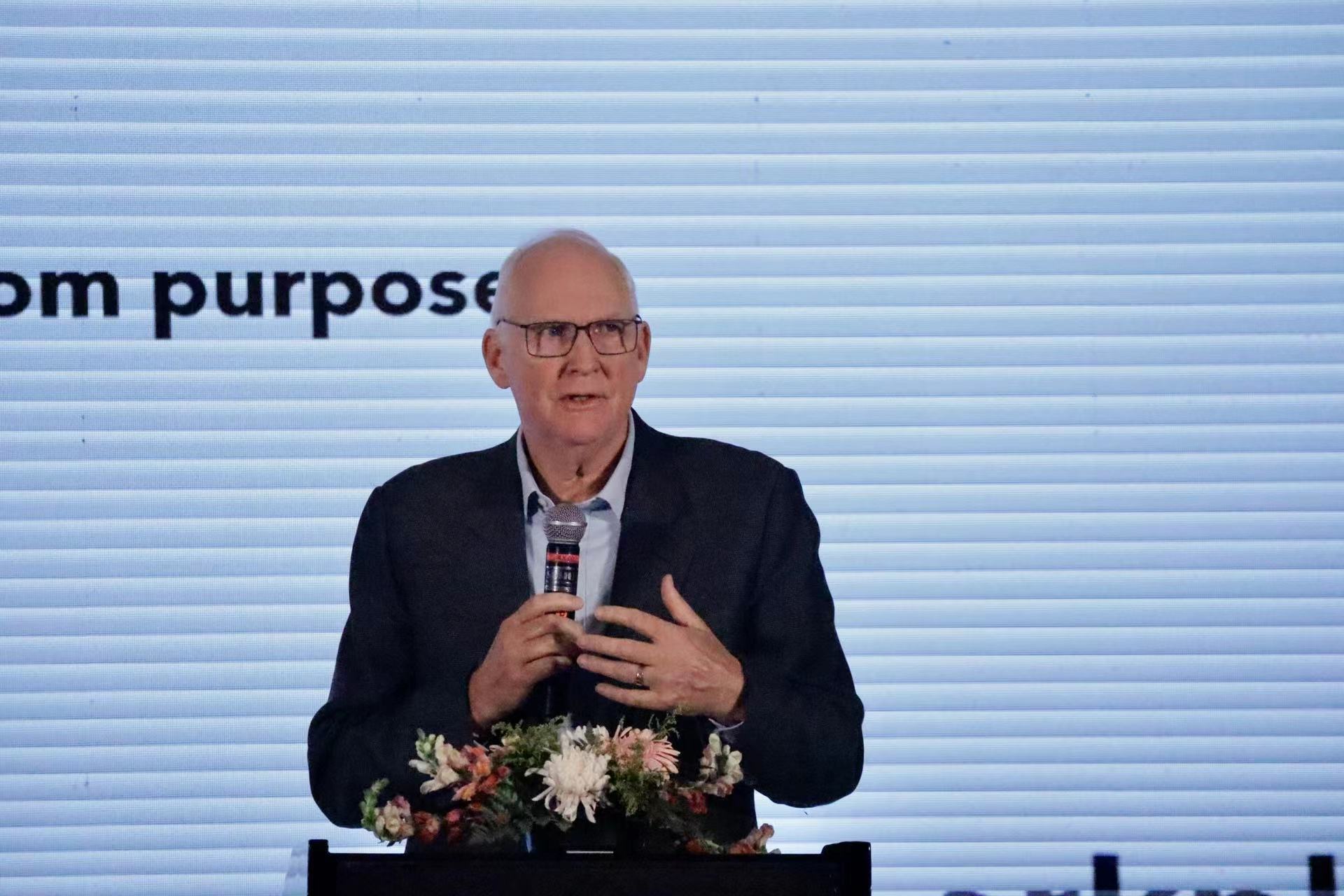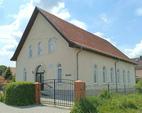“Most Christians in the workplace have no sense of kingdom purpose. Most Christians don’t know why they work,” said Andy Mills, co-chairman of the Grace & Mercy Foundation.
On November 2, at the Second Impact Asia Alliance Summit held in Indonesia, Andy Mills, co-chairman of the Grace & Mercy Foundation and executive chairman and president of Archegos Capital Management LP, gave a speech titled "God's Design for Work" to over 350 church and Christian leaders, elaborating on what it means to be a Christian in the workplace.
However, the question he heard the most from Christians in the marketplace was, "Does God really care about what I do?”
He stated that many Christians lived compartmentalized and unfruitful lives. Unable to “express their full creative ability in the workplace”, Christians themselves lose, contributing to losing non-Christians as well.
There are three great mandates in the Bible: the Great Commandment, the Great Commission, and the cultural mandate they don’t hear about. Clearly, Genesis 2:15 gave us the task of tending and working the earth and creation, he explained.
“Without the cultural mandate, they can't live that fully integrated Christian life. So one of my encouragements is that pastors, please, let's all go back to teaching the three great mandates of the Bible instead of just the two.”
Mills urged, “We must, in fact, help Christians rediscover their identity in the workplace to be able to do that.”
Andy shared that there are three forms of identity for Christians in the workplace: being called, creators, and culture bearers.
According to his experience in the northwest of Uganda, Christians lived a poverty-stricken life because local pastors regarded work as evil. But “work is a spiritual calling.”
“We're not just supposed to run something that already exists, but actually we are the ones that are helping the creation process, along with the gifts and skills the guide has given us. That's a very different view, I think, of work than most people who had to work on a Monday morning with their heads down.”
“I hear too much in the marketplace of Christians who say, ‘I'm working so that I earn enough money so that I can retire early and do something for God. This is the spiritual-secular divide, which is very clear in many Christian lives of people we know,” he continued.
“Work is a spiritual calling as important as anything else.” Mills said, “We need to support people doing that. For our churches, we need to send people out and commission them to go into the workplace because they're following a spiritual calling that God gave them, just as important as if we are sending out a missionary in the middle of Africa or a missionary back to the US.”
The second identity is the creator. Combined with gifting with interests, Christians in the marketplace can be creators to help our neighbors. Illustrating that he stood there on two artificial hips, Mills said the hips are an integral product of surgeons, nurses, anesthesiologists, medical technicians, and also people who contributed their ideas and thinking. One of the basic forms of loving one’s neighbor is to work out products and services for economies that create support for communities.
Mentioning the third identity as culture-creators, Mills said that Christians are also responsible for the betterment of society and the community through forming rules and regulations, defining good and bad behavior, as well as human development and encouragement. “We’re also God’s ambassadors in that place,” he added.
The Greek word “oikonomou” occurs eleven times in the New Testament, which means the lawgiver of the household in a workplace leadership role. It can be translated into “steward” or “guardian.” He said, “God is calling us in the marketplace to be guardians of the place that He has put us to work.” To be able to be a well-done, good, and faithful guardian, he exhorted the participants to know God well and lead people back to God’s word to understand who this God is.
Throughout history, Christians have been good at work. They have devoted their work to making products and services, economic development, arts and sciences, civil society, civilization, etc. For example, David Livingstone brought civilization to the tribes of Africa.
But he was sad to say that the current situation is much less so. “Christians typically lack vision for work. They don’t really know why there it is and why it’s important; as a result, they live what I call the third soil life. The soil life is that this soil can grow, but it’s choked by thorns in such a way that it is unproductive and unfruitful.”
Mills urged pastors to teach and encourage their congregations with the call to work to improve the situation. “Finally, to encourage men and women to really be good in the workplace, you have to know who Jesus is. You have to be able to reply to him in difficult times, in times when you are being mocked, maybe in times when somebody else is getting promoted you are not, or when someone is taking credit for work that you did because you are trying to be helpful. There are times when we need to know who God is, and to be with Him and to be in scripture is the way to do that.”













